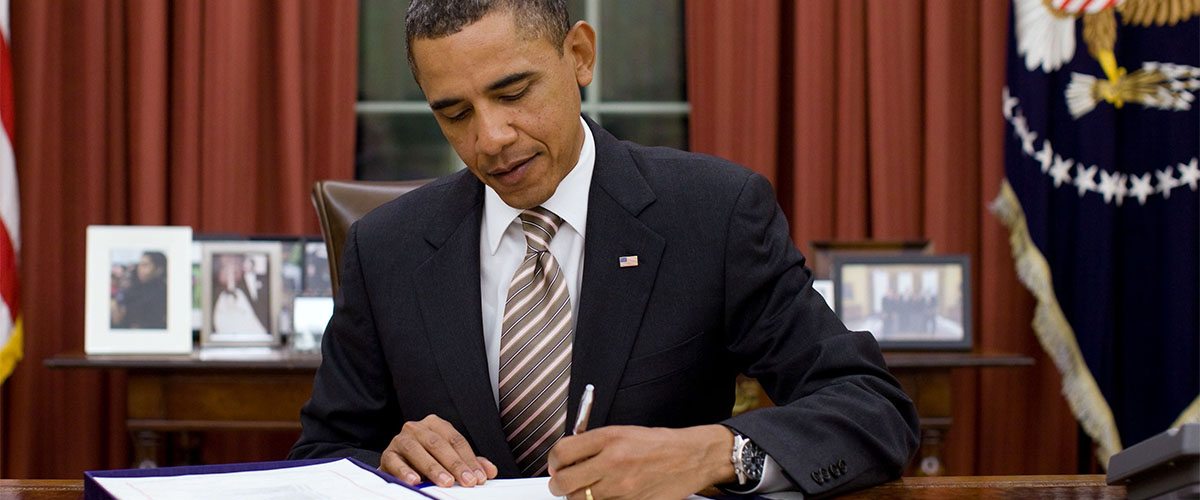Marijuana supporters hoping President Obama will make a last-second effort to reform cannabis policy are likely to be let down. Is there any chance that at the last second President Obama will end the federal prohibition altogether, decriminalizing cannabis federally, or reclassify marijuana’s status as a Schedule 1 controlled substance? Likely not. Marijuana advocates have long been hoping President Obama would significantly transform marijuana policy in America, but throughout his two terms, he has refused to use executive actions to encourage or pass cannabis reform. Rather the President has continuously put the responsibility onto Congress. In January, White House press secretary John Earnest said that the President would only consider any marijuana reform if it came through Congress. Earnest went on to add that the President is not considering the use of executive actions. “There are some in the Democratic Party who have urged the president to take this kind of action,” he said at the press briefing. “The president’s response was, ‘If you feel so strongly about it, and you believe there is so much public support for what it is that you’re advocating, then why don’t you pass legislation about it and we’ll see what happens.’” Such a reply seems to indicate that the president has no inclination to tackle cannabis legalization himself. Currently, marijuana is classified as a Schedule 1 substance, which is reserved for dangerous drugs that hold no medical benefits. Cannabis, however, has proven to possess substantial therapeutic benefits, including anti-tumor effects and the ability to reduce the frequency and severity of seizures. The research evidence backing cannabis as a medical asset is growing, despite the financial and access limitations caused by its Schedule 1 classification. Rescheduling it to a Schedule 2 substance would acknowledge marijuana’s medical potential and would remove research barriers that have been reportedly stifling progress. President Obama has said that he would likely support a rescheduling bill if presented by Congress. Rep. Steve Cohen (D-Tenn) reportedly asked President Obama about the possibility of rescheduling at a House Democratic retreat in Baltimore earlier this year. According to Cohen the President responded, “If you get me a bill, and get it on my desk, I’ll probably sign it.” However, considering the Senate is currently dominated by the GOP, a party historically opposed to marijuana, it’s not likely that a rescheduling bill will hit the President’s desk. Cohen also says that the President told him “marijuana reform is not on his list of end-of-term priorities.” Despite the most recent Gallup polling finding that 58 percent of Americans are in support of adult use legalization, legislative changes aren’t likely to happen during this President’s time in office. This November’s election will therefore make a significant impact on the future of cannabis reform. Although the presidential candidates hold varying views regarding cannabis, medical and recreational marijuana programs are expected to significantly expand in 2016 as several states present voters with cannabis-related initiatives. Plus, there is a possibility that the Senate could change dominance, from the GOP to the Democrats. This would mean committee chairs would change hands, increasing the odds of cannabis reform bills receiving hearings and eventually a vote.]]>
oklahoma voters will get decide medical marijuana june
January 4, 2018 By: Kim Nunley A statewide ballot measure to legalize the use,...






